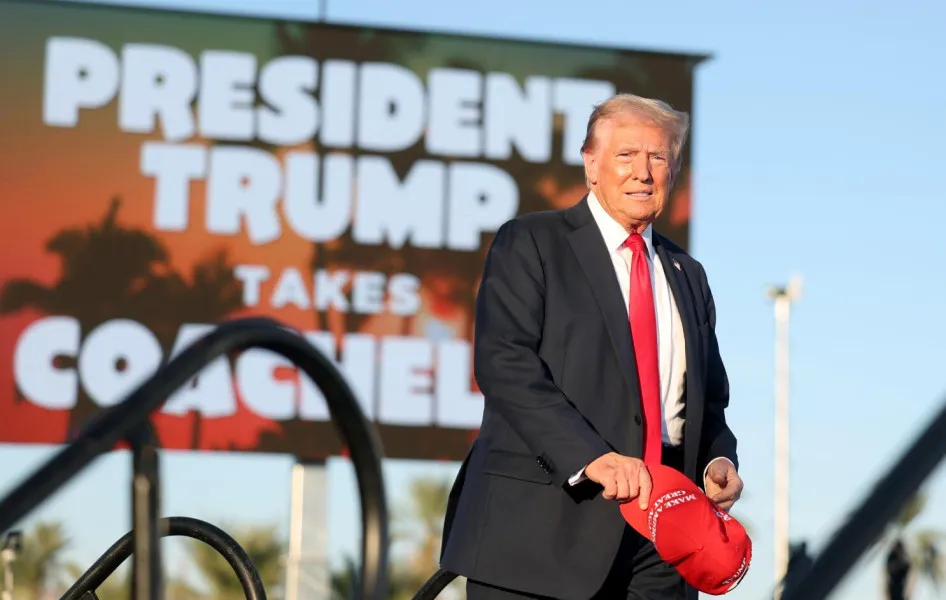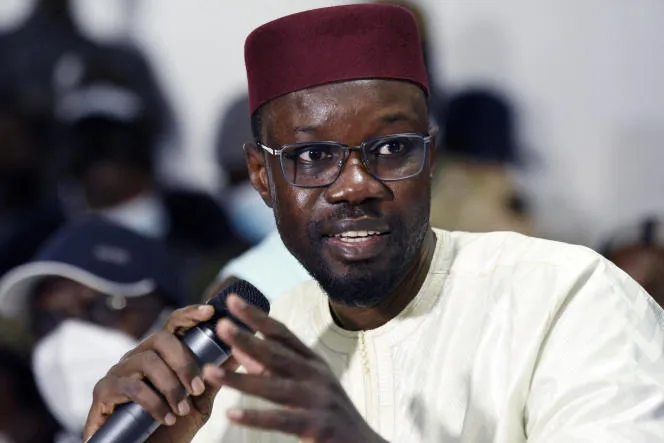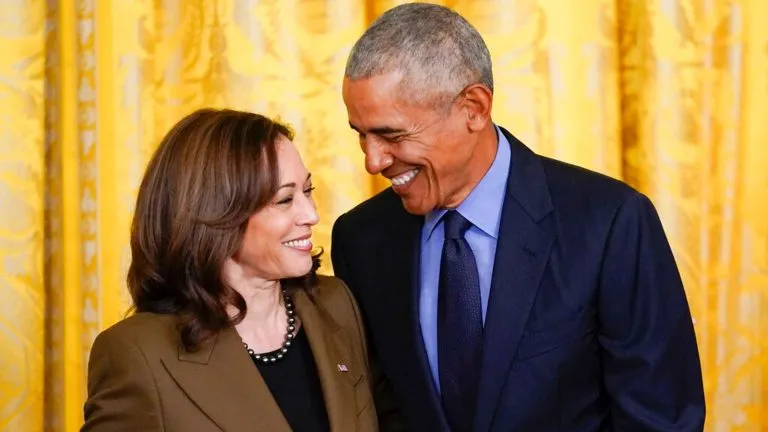In a series of revelations from former senior advisers to President Donald Trump, alarming instances of admiration for autocratic leaders have come to light, casting a shadow over potential shifts in US foreign policy should Trump secure a second term in the 2024 presidential election. These revelations, detailed in Jim Sciutto’s new book “The Return of Great Powers,” offer insight into Trump’s worldview and its implications for America’s role on the global stage.
Among the reported instances, Trump’s praise for Hungarian Prime Minister Viktor Orbán, Chinese leader Xi Jinping, and North Korea’s Kim Jong Un stands out. Trump’s lavish endorsement of Orbán during a recent meeting at Mar-a-Lago reflects a pattern of admiration for leaders who govern with authoritarian tendencies. This admiration extends even to figures like Adolf Hitler, whom Trump allegedly commended for his economic policies, according to accounts from former chief of staff John Kelly.
The former advisers paint a picture of Trump as enamored with power and drawn to leaders whom he perceives as strong and decisive. This sentiment is particularly evident in Trump’s interactions with Russian President Vladimir Putin, whom he consistently praised during his presidency. Trump’s belief in his personal charisma and diplomatic prowess often led him to overlook Russia’s adversarial actions and pursue warmer relations with Putin, a stance that raised concerns among US allies and foreign policy experts.
According to Kelly and other former advisers, Trump’s admiration for autocrats stemmed from his frustration with the constraints of presidential power within the US political system. Trump’s desire for unchecked authority and his perception of himself as a “big guy” fueled his affinity for leaders like Putin and Xi, who wield significant control over their respective countries.
The implications of Trump’s worldview on US foreign policy are profound. In a second term, some former advisers warn, Trump could pursue policies that diverge sharply from longstanding US principles and commitments. This includes the potential withdrawal from NATO, an alliance that Trump viewed with skepticism, and reduced support for allies such as Ukraine in the face of Russian aggression.
Trump’s continued praise for authoritarian leaders, both during his presidency and in his 2024 presidential campaign, underscores concerns about his approach to global diplomacy. While some argue that Trump’s willingness to engage with adversaries could lead to diplomatic breakthroughs, others caution that his admiration for dictators poses a significant risk to US interests and alliances.
As the 2024 election approaches, the revelations from former Trump advisers serve as a stark reminder of the stakes involved. The choice between continuity and change in US foreign policy will shape America’s role in the world for years to come, making it a pivotal moment for voters to consider the implications of their decision at the ballot box.





